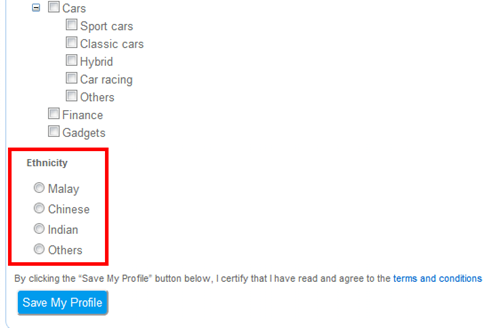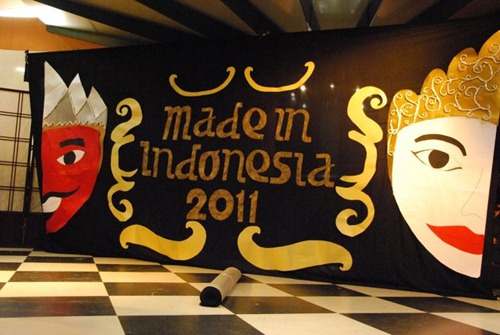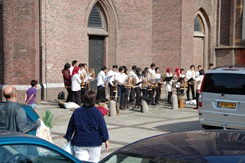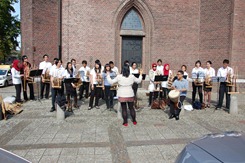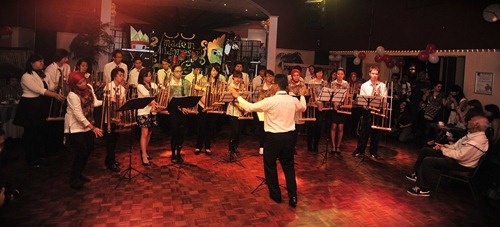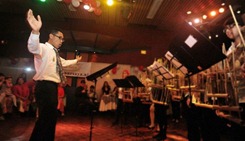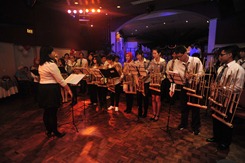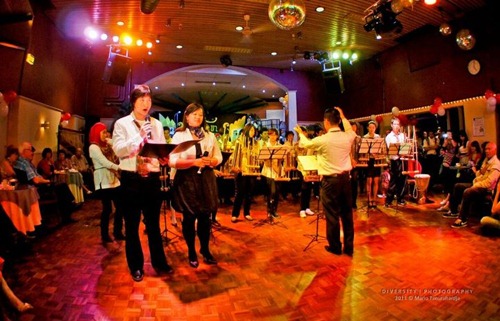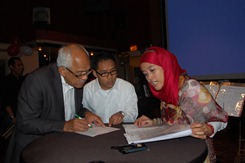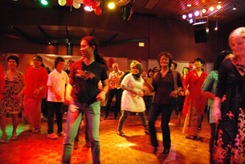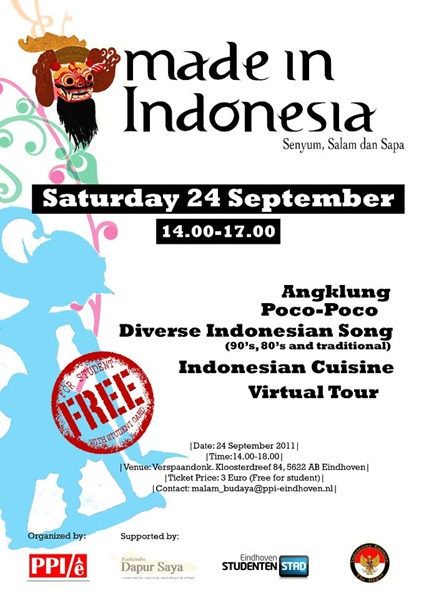A friend once told me, “Their language is the same with ours. Their culture is similar too. Why do you still need to adapt?”
Ooooh, yes! I still need to adapt and I’m struggling with it.
Culture shock is inevitable, even for a person like me who have lived in 6 different countries across 3 continents. Living in a new country is like starting your life all over again from scratch. Finding new friends. Getting acquainted with a new culture. Learning a new language, dialect, or accent. Getting familiar with the life pace. Getting used to the routine. Not knowing where to go. Not knowing who to ask for a shoulder to cry on. Not knowing where to find your comfort zone. Adapting. Adapting. Adapting.
They are all part of the stages that a person may have to go through when living in a totally new place. It is normal and I expect this to happen when I’m about to embark on a new life. It is known that there are four stages of culture shock: excitement/honeymoon, withdrawal, adjustment, and enthusiasm. I went through those stages when I first came to Indonesia, Australia, and the Netherlands. It took me at least two years to reach the fourth stage — the stage where I feel very much comfortable and familiar with the place, people, culture, and everything surrounding me.
What I find most shocking about starting a new life in Malaysia is how fast it was for me to shift from the honeymoon phase to the withdrawal phase. It took me less than two weeks to feel restless, moody, lonely, and isolated. The honeymoon phase passed in a blink of an eye. I even forgot that I actually went through that phase! Why is that?
When it comes to Kuala Lumpur, there is a lack of excitement within me to explore and get to know the city, its people, and culture. What can I say? Indonesia and Malaysia share almost the same culture and language. There are barely any differences between us. Unlike Australia or the Netherlands, I am not THAT curious. This is also not the first time I visited this place. I’ve been here two years ago and have pretty much visited some (touristic) spots. So I wasn’t interested to see them again.
But those are not the only reasons. When you are a student (especially in a foreign country), you are part of the recently established “community”. You are one of the newly enrolled students. You are not the only one in the boat. Others take the same boat too. They experience the same thing: struggling to fit in the new culture and environment. They share the same struggle as you do. And they need new friends as much as you do.
What about now? It’s a totally different scenario. I am no longer a student. I am a jobless immigrant. I belong to not a single community. I am alone in this boat. There are no meet and greet sessions. There are no orientation programs to go to. There are no available activities or events. I have to search them by myself. That’s the different.
Don’t get me wrong. I have few friends and most importantly my sister whose presence has helped me to get over my loneliness. But I can’t constantly depend on them and disturb them. They have their own life and I am the only one who can fix this problem.
So… is that it? Well, not really 🙂 I’m in the process of getting up again after a week of miserable moments. I’ve contacted some people on CouchSurfing to meet up (and would probably join some activities too) and I’ve applied for a volunteer work. I love being busy (with activities, not with studies haha) so I’m trying so hard to find some things to do while looking for a job (and while waiting for my laptop to be repaired). Traveling outside of Kuala Lumpur is currently not an option as I am penniless and jobless :). I would love to, though!!
I am confident that I can go through this, insyaAllah. I just need to be a little bit more patient. Yay to the new life!
